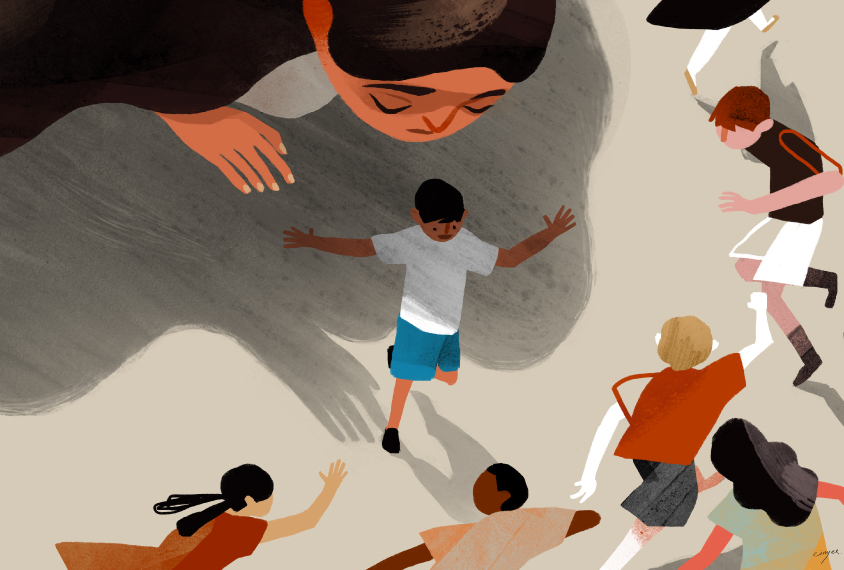Emily writes frequently about autism and related issues, and her work has appeared in print or online at Discover, New York Times, Slate, Washington Post, San Francisco Chronicle, and others. Emily has a B.A. in English with minors in German and History and a Ph.D. in biological sciences, both from The University of Texas at Austin. She also completed postdoctoral work at the University of California, San Francisco and has taught graduate and undergraduate biology for many years.

Emily Willingham
Science writer
Spectrum
From this contributor
The legacy of Steve Silberman and his book, ‘NeuroTribes’
The writer’s empathic storytelling changed how society—and researchers—view autistic people.

The legacy of Steve Silberman and his book, ‘NeuroTribes’
Spotted around the web: Week of 29 October 2018
Here is a roundup of news and research for the week of 29 October.
Spotted around the web: Week of 29 October 2018
Book Review: A mother finds reward in risk
In “The Boy Who Loved Too Much,” a woman tries to cocoon her son, who has Williams syndrome, from life’s insults but later realizes her protective instincts carry dangers of their own.

Book Review: A mother finds reward in risk
Spotted around the web: Week of 22 October 2018
Here is a roundup of news and research for the week of 22 October.
Spotted around the web: Week of 22 October 2018
Spotted around the web: Week of 15 October 2018
Here is a roundup of news and research for the week of 15 October.
Spotted around the web: Week of 15 October 2018
Explore more from The Transmitter
This paper changed my life: Ishmail Abdus-Saboor on balancing the study of pain and pleasure
A 2013 Nature paper from David Anderson’s lab revealed a group of sensory neurons involved in pleasurable touch and led Abdus-Saboor down a new research path.

This paper changed my life: Ishmail Abdus-Saboor on balancing the study of pain and pleasure
A 2013 Nature paper from David Anderson’s lab revealed a group of sensory neurons involved in pleasurable touch and led Abdus-Saboor down a new research path.
Sex bias in autism drops as age at diagnosis rises
The disparity begins to level out after age 10, raising questions about why so many autistic girls go undiagnosed earlier in childhood.

Sex bias in autism drops as age at diagnosis rises
The disparity begins to level out after age 10, raising questions about why so many autistic girls go undiagnosed earlier in childhood.
Microglia implicated in infantile amnesia
The glial cells could explain the link between maternal immune activation and autism-like behaviors in mice.

Microglia implicated in infantile amnesia
The glial cells could explain the link between maternal immune activation and autism-like behaviors in mice.